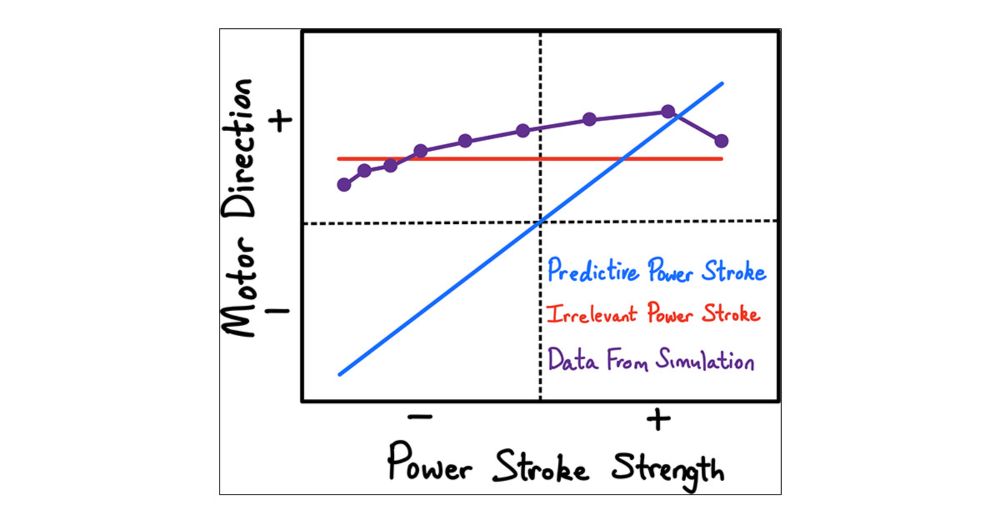
Back-to-back with @boekhovenlab.bsky.social, we describe minimal systems that use chemical energy to transport molecules against a concentration gradient.
It started with a little shock!🧵
Us: shorturl.at/smQNF
Job's team: shorturl.at/zftps
Back-to-back with @boekhovenlab.bsky.social, we describe minimal systems that use chemical energy to transport molecules against a concentration gradient.
It started with a little shock!🧵
Us: shorturl.at/smQNF
Job's team: shorturl.at/zftps
With my 5+ years of experience, I can confirm that working with Ben is fantastic!
www.bmwrlab.com/work-with-us
With my 5+ years of experience, I can confirm that working with Ben is fantastic!
Congrats @profdaveleigh.bsky.social @stefanborsley.bsky.social @giusepponelab.bsky.social and co-workers!
Congrats @profdaveleigh.bsky.social @stefanborsley.bsky.social @giusepponelab.bsky.social and co-workers!
I am super happy to share my latest work with Alex, Geyao, and Todd @nuchemistry.bsky.social
pubs.acs.org/doi/10.1021/...

I am super happy to share my latest work with Alex, Geyao, and Todd @nuchemistry.bsky.social
pubs.acs.org/doi/10.1021/...
Email me if interested - deadline (PhD in Biochemistry, Uni of Cambridge): Jan 7th!
Please share within your networks!
Email me if interested - deadline (PhD in Biochemistry, Uni of Cambridge): Jan 7th!
Please share within your networks!
The fantastic Preview by @profdaveleigh.bsky.social James, and Joaquin is the perfect excuse for throwing my first post in the blue sky!
www.sciencedirect.com/science/arti...

The fantastic Preview by @profdaveleigh.bsky.social James, and Joaquin is the perfect excuse for throwing my first post in the blue sky!
www.sciencedirect.com/science/arti...

